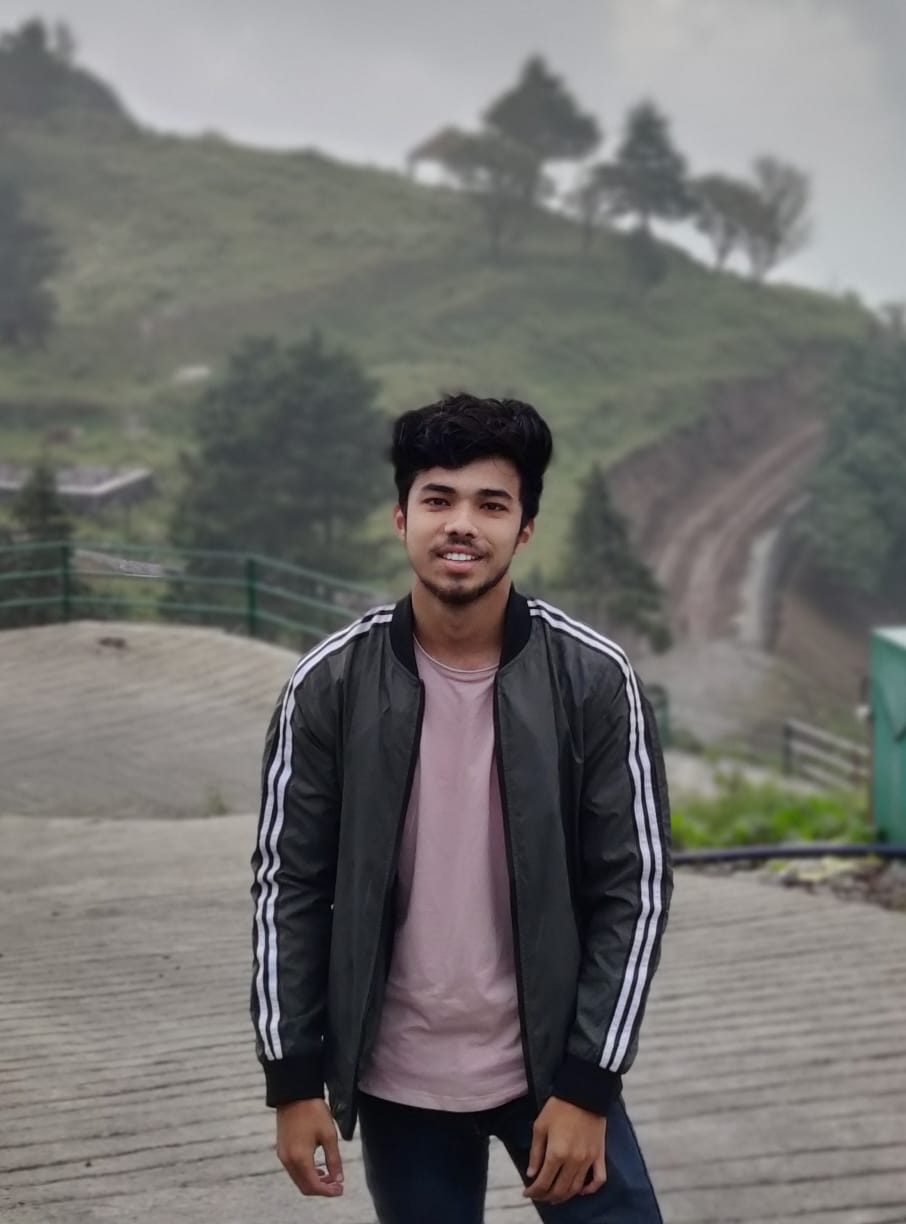The advantages of co-education have been recognised since ancient times, when Plato, a Greek philosopher, stated that it fosters a sense of camaraderie. Collaboration in the classroom allows boys and girls to learn from one other intellectually, socially mature, and gain confidence in expressing their opinions in the company of people of the opposite gender. According to research, pupils at co-educational schools are more likely to succeed in post-secondary education and the workforce. It promotes a positive self-image and aids in the development of our future leaders' confidence. Co-education is a more realistic approach of preparing young people to naturally assume their places in the larger community of men and women, as it helps to dispel gender stereotypes and lays the groundwork for the creation of realistic, meaningful, and long-lasting relationships later in life. It also connects pupils to male and female role models, as well as a larger, more diversified circle of friends. Co-education produces open-minded, well-rounded young persons who are willing to move outside of their comfort zones.
ABOUT VISAKHAPATNAM
Andhra Pradesh's capital, Visakhapatnam (also known as Vizag), is the state's largest metropolis. It is predominantly an industrial city, but its unspoiled sandy beaches, well-built and maintained parks, and neighbouring picturesque locations, like as the Araku Valley, draw tourists. The city currently has a population of almost 2 million people. Telugu is the local language. Marwaris, Oriyas, Bengalis, Punjabis, Maharashtrians, Tamils, and Malayalees live in large numbers. In addition, the Vizag Steel Plant, Hindustan Petroleum, Bharat Petroleum, Hindustan Shipyard, Indian Navy, Dockyard, NTPC-Simhadri Thermal Power Plant, and many other small and medium scale enterprises have attracted a huge number of migrant workers from various areas of India. INS Kalinga, one of India's largest naval bases, is located around 25 kilometres from the city core of Visakhapatnam.
EDUCATION IN VISAKHAPATNAM
Primary schools, secondary schools, and tertiary education at universities or other institutes of the same level make up the three-tier education system. The Andhra Pradesh Government's Education Department is a key department that oversees educational matters. Children from 6 to 14 have a cumulative need to be educated, according to the RTE (right to education). In addition, 25% of spaces in all private schools are designated for children from low-income families. The Directorate of Higher Education is in charge of tertiary education. The goal is to promote students' mental health, and it is founded on the study of emotions. Mindfulness, Social-Emotional Learning, critical thinking, problem solving, and connection development are all covered in the programme.





